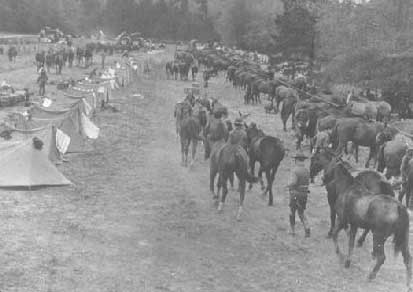If history may be said to be the memory of the human race, it seems subject to many of the same failings of accuracy and interpretation. We see this even in our most recent history: for example a national self-image embraced by some which holds America to be a militaristic warrior-race which “won” WWII, rather than the gentler truth that we were beloved as the good guys who did not continue war-making but instead helped rebuild Europe.
some which holds America to be a militaristic warrior-race which “won” WWII, rather than the gentler truth that we were beloved as the good guys who did not continue war-making but instead helped rebuild Europe.
If even recent incidents can be mis-interpreted (or mal-interpreted), can events further in the past can be accurate and valuable?
An answer is in corroborative evidence that points to explanation, such as archaeological remains that support period documentation. Art is a hugely valuable window into the heart of a culture. Diaries, journals, new items, accounting records—there are many forms of documentation that can lend credence to historical truth.
Without honest inquiry none of this matters but, even with this impulse, how can one find relevance to our own experience? Is it relevant, say, that as our Roman forebears grew prosperous, a merchant class rose that militarized the culture, formed corporations to buy up land in Italy and dispossessed the working class farmers, replacing the food crops with vineyards which led to starvation and the grain dole and the creation of the infamous masses?
These things happened … do they matter today? If so, how to talk of this in a corporate world with a focus that leaves such history uncovered? Is it necessary to careen from disaster to disaster as humanity has done for millennia, or can we use history to connect the dots and create a better world for all of us?
